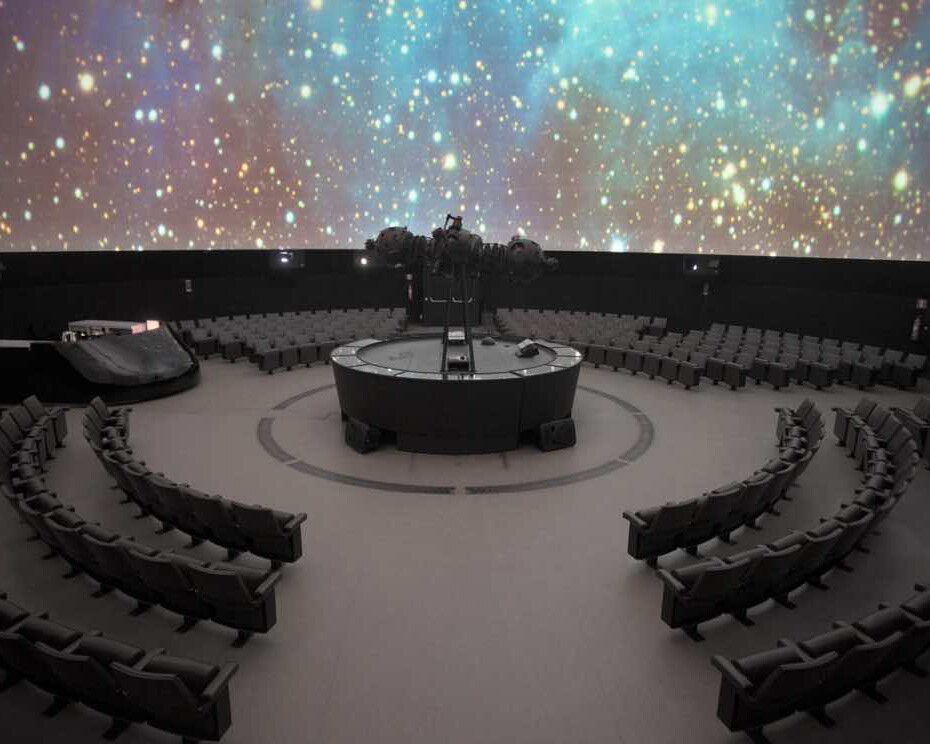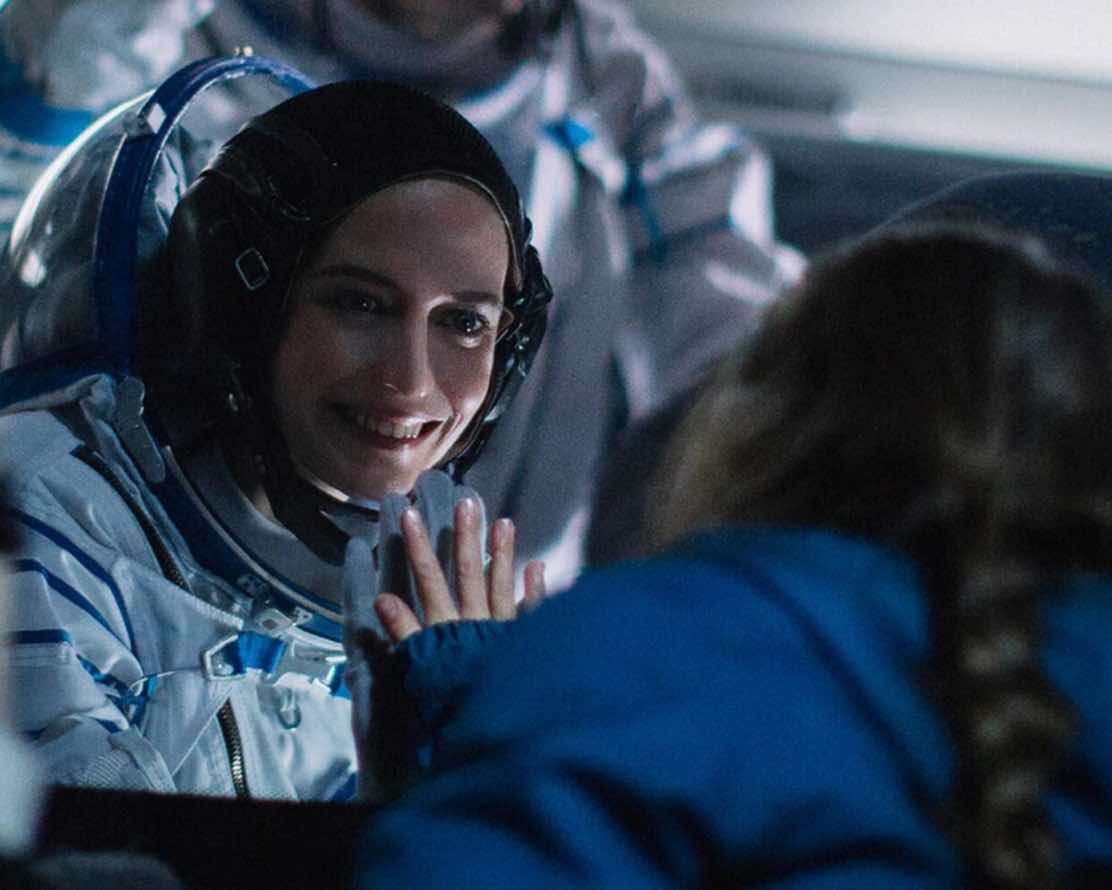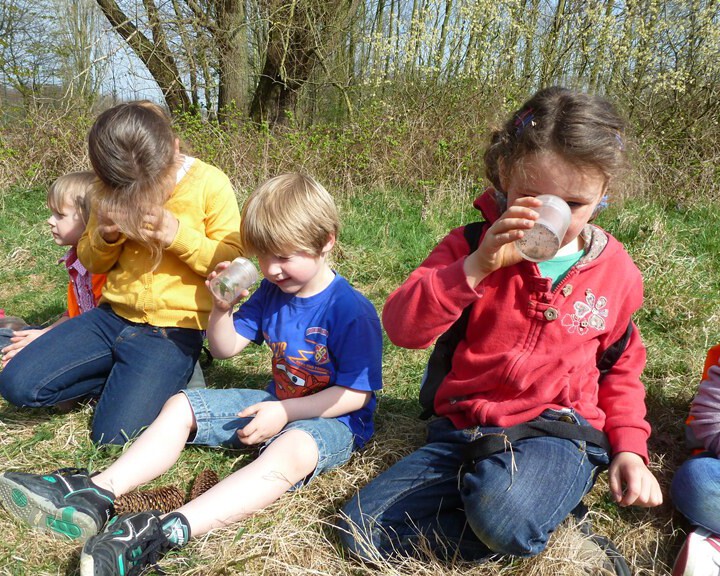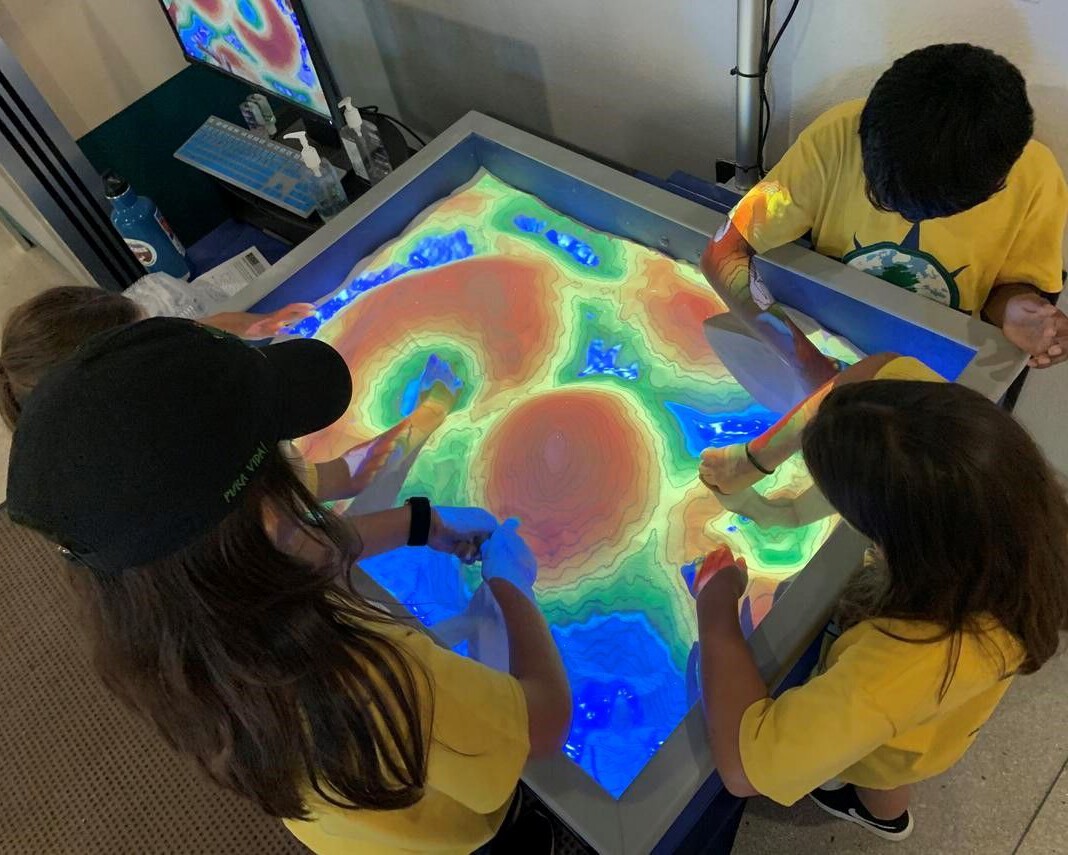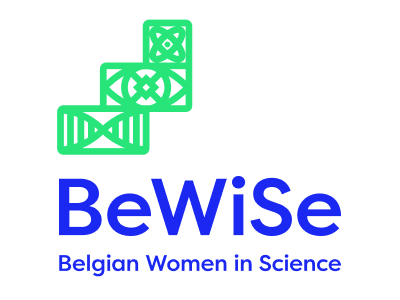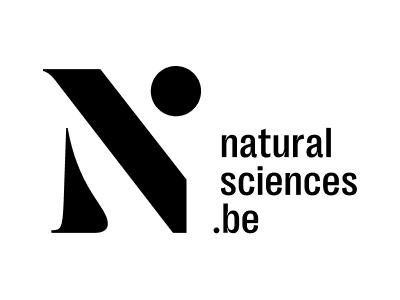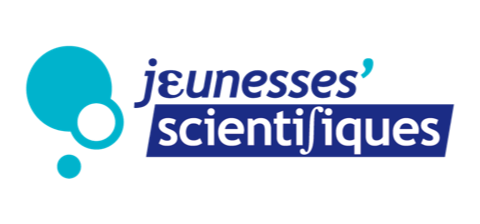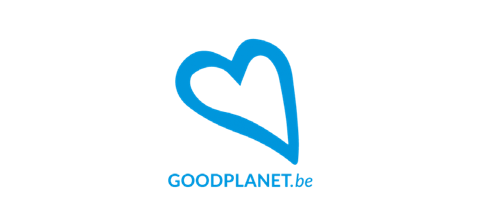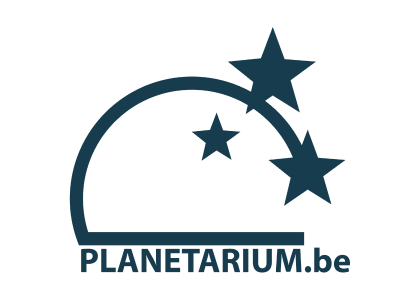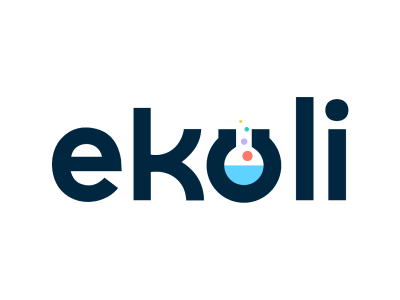About
Discover WiseNight
WiseNight is a fun and inclusive event that aims to bring science and scientists in contact with the public interactively. We aim to show that science is about passion, teamwork and for anyone with an insatiable curiosity to discover and change the world.
WiseNight is part of the European Researchers’ Night, taking place everywhere in Europe simultaneously. Join us on Friday 27 and Saturday 28 September 2024 to marvel at the universe, explore the depths of water and oceans research, unearth the wonders of our lands and forests, and discover what being a scientist is all about.
We offer a variety of free activities, including workshops for children and youth, movie projections in the Planetarium dome, interactions with researchers, debates and a splendid photo exhibition displaying inspiring scientists of today.
Partners
WiseNight is an initiative of 7 organisations involved in research, science outreach and gender equality in scientific careers in Belgium.
Together, we aim for a society where science contribution to our planet’s well-being is valued by citizens and where researchers of all genders and backgrounds inspire the young to embrace scientific careers.
BeWiSe
The coordinator BeWiSe (Belgian Women in Science) is a non-profit organisation established in 2009 to support the position of women in science, both in public and private sectors and to improve communication among women in the Belgian and European scientific communities. It counts over 300 members and is based in Brussels. www.bewise.be.
The Royal Belgian Institute of Natural Sciences
The Royal Belgian Institute of Natural Sciences (RBINS) is a Federal scientific institution situated in Brussels. Through its four major missions: i) Scientific research into natural sciences; ii) Scientific expertise at the service of the public authorities; iii) Conservation and management of scientific and heritage collections; iv) Dissemination of scientific knowledge in society it is both active as a research organisation with more than 150 scientists and as a Museum welcoming about 350.000 visitors a year. Its main lines of research are biodiversity and mechanisms involved in the evolution of life; land, freshwater and marine ecosystems; history of life, the climate; geology and modelling the North Sea. With 38 million specimens conserved as Belgian heritage of universal significance, RBINS collections serve above all as reference and research tools. Just behind London and Paris in the European classification, the collections in Brussels have been awarded the European label of ‘major research infrastructure’ and in this respect are constantly being visited and studied by researchers from around the world. https://www.naturalsciences.be/en/museum/home.
Jeunesses Scientifiques de Belgique
The mission of Jeunesses Scientifiques en Belgique, NPO, is to awaken the interest of young people in science, with the aim of helping to make them responsible citizens and capable of understanding the world in which they are surrounded. To this end, they organize training courses, internships, camps, holiday plains, weekly workshops, change of scenery classes, intended for young people who want to have fun doing science or simply do science themselves. In that way, young people can discover the world using the scientific process and discover the scientific process by observing the world. www.jsb.be.
GoodPlanet
For over 20 years, GoodPlanet has been an NGO that inspires and encourages all generations to live sustainably. For a healthy planet, for everyone, for today and tomorrow, for a GoodPlanet. Through their projects, campaigns and animations, they spread knowledge and plant seeds of change. GoodPlanet stimulates, concretises and realises ideas that make sustainable development real and tangible. All this while always maintaining a positive and hopeful attitude. Based on this conviction, they develop activities and services for the three target groups: young people, the general public and companies. https://www.goodplanet.be/nl/.
VUB
The Vrije Universiteit Brussel (VUB) is an Urban Engaged University in Brussels, the heart of Europe. 20,000 students, nearly a quarter of them from abroad, are engaged in building their future and that of the world. With top-quality scientific research and customised education, VUB makes an active and engaged contribution to a better and more sustainable society. https://www.vub.be/nl
The Planetarium of the Royal Observatory of Belgium
The Planetarium of the Royal Observatory of Belgium (ROB), located in Brussels, has been allocated several missions: i) it plays the role of educational service of the ROB, welcoming more than 50.000 visitors per year, most of whom are children and students and their teachers; ii) it presents the activities of the Space Pole (association consisting of the Royal Observatory of Belgium, the Royal Meteorological Institute of Belgium and the Royal Institute for Space Aeronomy) to the general public. Accordingly, the Planetarium promotes Earth and Space sciences (astronomy, astrophysics, geophysics, meteorology, aeronomy, space sciences, etc.) towards the general public; iii) ROB also collaborates with the Federal Science Policy (BELSPO) in order to promote science. https://www.astro.oma.be/en/
BOS+
BOS+ Vlaanderen vzw is an organization that is committed to more and better forests in Flanders and in the world, with a strong focus on education. They develop workshops, teaching materials, trajectories and guidance during actions for teachers, (grand)parents, young people and youth workers. Sustainability and the link with trees and forests are always central in this material. Thanks to skilled communication staff and a strong relationship with the Forest & Nature Lab (UGent), they make research about forests and forest management accessible to the general public. https://www.bosplus.be/en/
Ekoli
Ekoli is a non-governmental organisation driven by science education democratization. Ekoli believes science should be accessible to anyone and everyone. Ekoli specializes in making cutting-edge scientific content available to all children, ranging across different ages and target groups, especially when it concerns hard-to-reach youngsters. Ekoli has a portfolio of over 25 workshops, ready to inspire toddlers, kids and youngsters. Ekoli collaborates closely with other NGOs that are specialized in reaching different underrepresented groups, like persons with a disability, school drop-outs, migrants… in order to democratize science education. https://ekoli.be/en/home
VKI
The VKI (von Karman Institute for Fluid Dynamics) is a non-profit international educational and scientific organisation, hosting three departments (aeronautics and aerospace, environmental and applied fluid dynamics, and turbomachinery & propulsion). It provides post-graduate education in fluid dynamics and encourages “training in research through research”. The von Karman Institute undertakes and promotes research in the field of fluid dynamics. Extensive research on experimental, computational and theoretical aspects of gas and liquid flows is carried out at the VKI under the direction of the faculty and research engineers, sponsored mainly by governmental and international agencies as well as industries. https://www.vki.ac.be/
Funding

Register now
Register for WiseNight and gain free access on Friday 27 September to the Planetarium and Saturday 28 September to the Institute.
